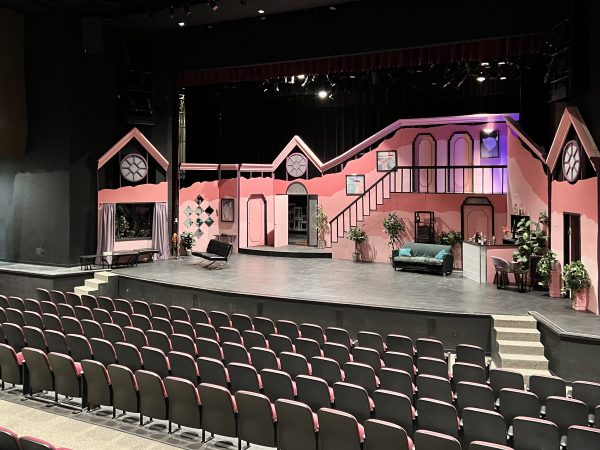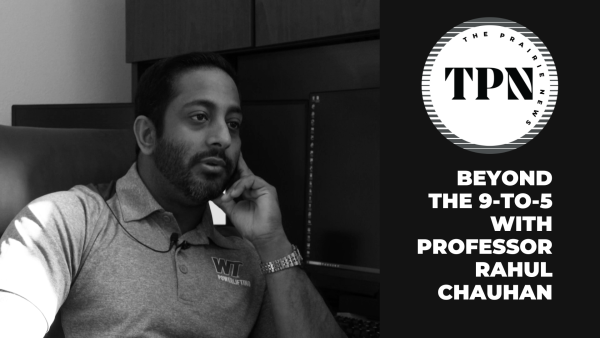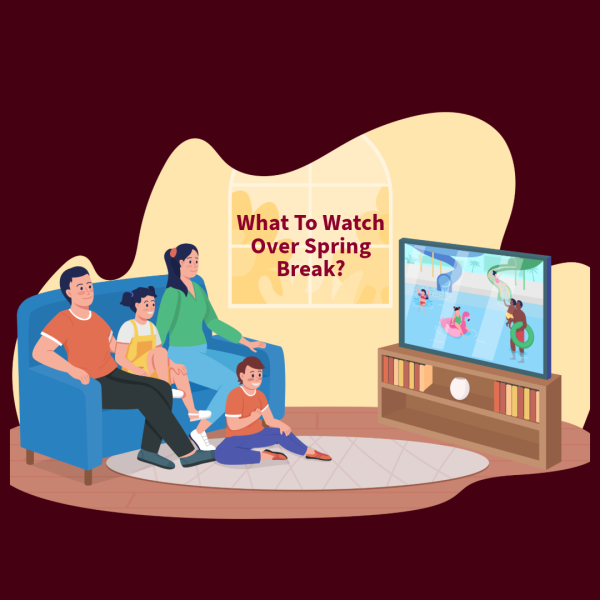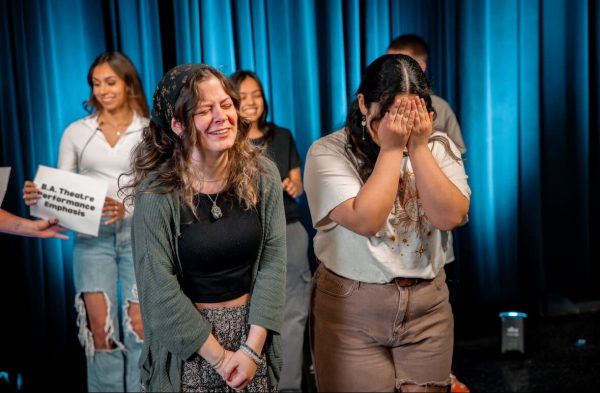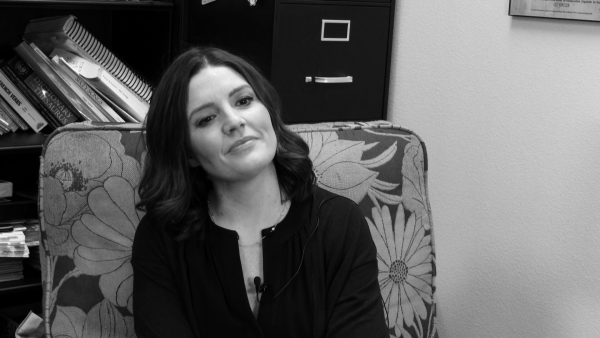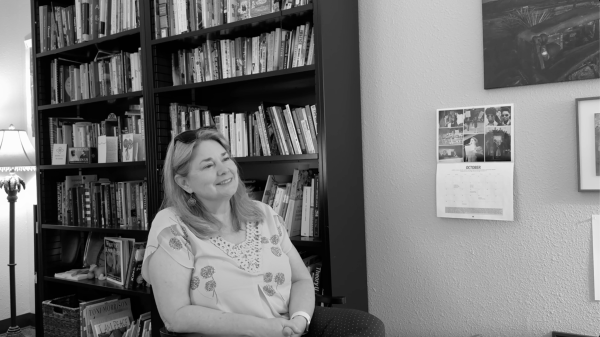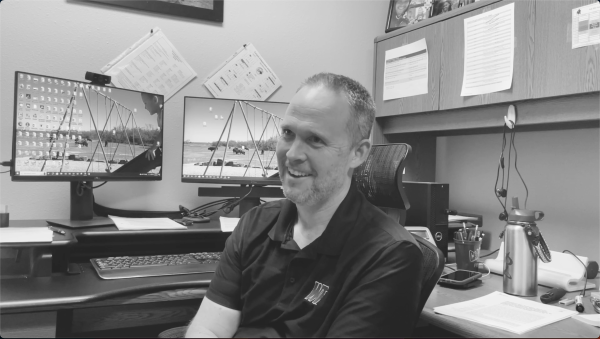It All Returns to Nothing

April 28, 2016
On September 13, 2000, a cataclysmic explosion occurred in Antarctica, melting the polar ice caps and even altering the Earth’s axis. On top of this were massive tsunamis, increase in the global sea level, and a massive shift of the planet’s weather patterns. This event would later be called “Second Impact”, which was responsible for the death of nearly two billion people worldwide. Fifteen years later, just when humanity was starting to get back on its feet, gigantic monsters called Angels began to attack. Nothing, from basic warheads to the devastating N2 Mines, could stop them. Instead, an organization called NERV stands as the vanguard of mankind, using giant biomechanical robots called Evangelion Units to protect themselves. The only thing standing between the Angels and the world’s destruction are dangerous and unpredictable mechs piloted by psychologically unstable teenagers with various issues with not a therapist in sight. This is not going to end well.
Created by Hideaki Anno, produced by Gainax, and airing on October 4, 1995, Neon Genesis Evangelion is the critically acclaimed deconstruction of the giant mecha genre. Stressed from various issues when working on Nadia: The Secret of Blue Water, Anno entered a bout of depression, which helped influence Evangelion‘s tone. The story itself, while seemingly like a standard mech plot (giant monsters attack, teenagers get in robots to fight monsters), is a bit more than just that. It is more about the relationships between the cast and what they go through as the series progresses. This being a deconstruction of the giant mecha genre, not everything is as positive as other series, with a number of the characters suffering from psychological issues that get progressively worse, the reality of what would happen when giant creatures rampage through towns, about three different conspiracies running around in the background that seek the peaceful “end” of humanity, and Angels that get more and more eldritch and cause significantly more damage further on. In the end, the show does not have a happy ending. Anyone who has seen End of Evangelion knows how much of an understatement that is.
The main protagonist of the series is Shinji Ikari, a shy, fourteen year old boy who comes to Tokyo-3 after his father sends him a letter, telling him to come. When he arrives, it is right when the Third Angel, Sachiel, is attacking. There, he’s saved by Misato Katsuragi, his later guardian and tutor who’s a bit of a ditz off the job, but a cunning tactician when it is time to get serious. Taken to NERV HQ, Shinji is reunited with his father, Gendo, the ruthless commander of the organization that sees everyone, even his own son, as pawns for his plans. With Sachiel knocking on NERV’s front door, Shinji, with the designation of the “Third Child”, is forced to pilot Evangelion Unit 01, a purple war machine that is the only weapon capable of fighting the Angels and destroying them. He later meets other pilots (The emotionless First Child and pilot of EVA Unit 00, Rei Ayanami, and the boisterous and volatile redheaded Second Child and pilot of Evangelion Unit 02, Asuka Langley Soryu), friends from school (Toji Suzuhara and Kensuke Aida), and other staff from NERV (Sub-Commander Kozo Fuyutsuki, Doctor Ritsuko Akagi, and the fan-named “Bridge Bunnies”).
The Angels are the main threat in the series, continually searching for their progenitor and the First Angel, Adam, who’s awakening set off Second Impact in the first place. If they manage to find their “father” and join with him again, it would trigger Third Impact, wiping out the rest of humanity. From Sachiel to the enigmatic Tabris, all of the Angels have unique designs and abilities, sharing a few similarities that link them all together. With their impenetrable A.T. (Absolute Terror) Fields, conventional weapons are useless against them and only the Evangelion Units can break through. The Angels are not the only threat, however. The mysterious cabal known as SEELE, headed by Kihl Lorenz, also wishes to trigger Third Impact, but not to wipe out humanity, but to join them all as one perfect being. SEELE wishes to destroy the Angels so that their version of Third Impact, the Human Instrumentality Project, can happen. Gendo works with them, but has his own version of Instrumentality in mind…
While there is plenty of action when it’s time for the Evangelions and the Angels to duke it out, the drama of the Children’s experiences and of the NERV staff is at the forefront. From the forming of (relative) friendships between Shinji and his friends and associates to their eventual breaking down due to various circumstances, the anime shows a reality on human relationships that many other titles do not really explore or effectively portray. By the end, while ending on a very bittersweet note with heavy emphasize on the bitter, the ending theme is a bit of a touching subject despite all of the deconstruction that took place. Even though people hurt each other, everyone wants to be loved. 20 years later, people are still analyzing the show for meanings and how it applies to our lives.
In 2007, Anno decided to revisit his iconic series now that he was happier than he was before. Thus began the reboot series known as Rebuild of Evangelion, a tetralogy of films that re-explores the series by changing a number of things and, hopefully, giving the characters the happy ending that eluded them in End of Evangelion. The first film, Evangelion 1.0: You Are (Not) Alone, released in 2007, readapts the first few episodes of the show with a few crucial differences. The second, Evangelion 2.0 :You Can (Not) Advance, released in 2009, is where everything jumps off the rails and very much makes it clear that this will not be the same as the original. The most recent, Evangelion 3.0: You Can (Not) Redo, finally released in 2013, further establishes the new direction the movies have taken while returning to the relatively bleak atmosphere of the latter half of the show and End. With the fourth and final film left, fans are wondering if there will be any hope left for the cast after the last movie’s ending.
It speaks volumes of how influential something is when it has been around for a couple of decades and still attracts legions of fans, sparks numerous debates, and inspires other creators. Despite all of the issues that plagued the show’s original run (Anno suffering from depression, the budget running out, sponsors pulling out, etc.), Neon Genesis Evangelion managed to become one of the most successful anime of all time. This is certainly one show that is a must watch, but it would be best to have reasonable expectations to avoid being over-hyped and to NOT watch the entire series, End of Evangelion included, in one whole session to avoid the emotional drainage it would inevitably cause.




